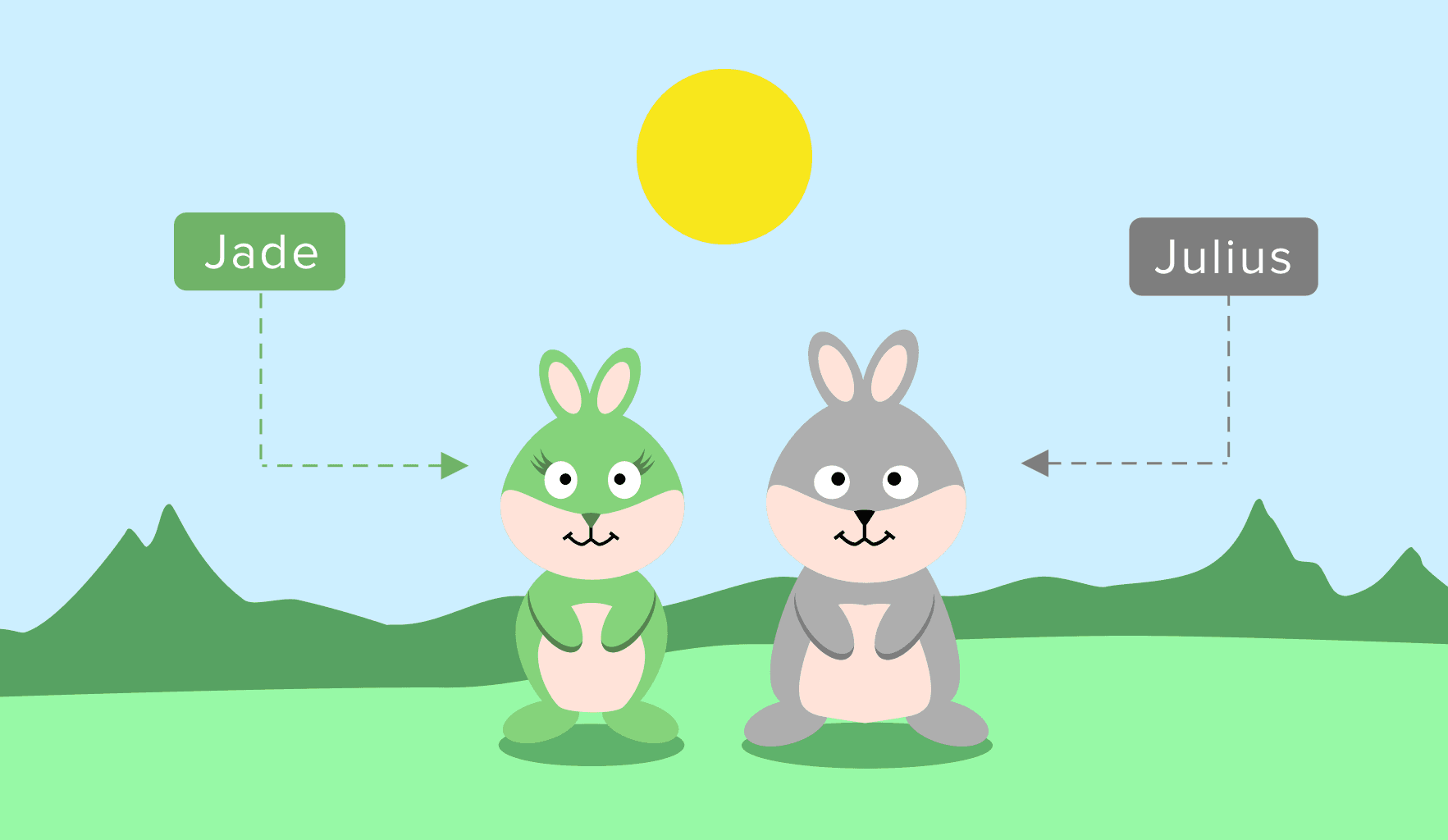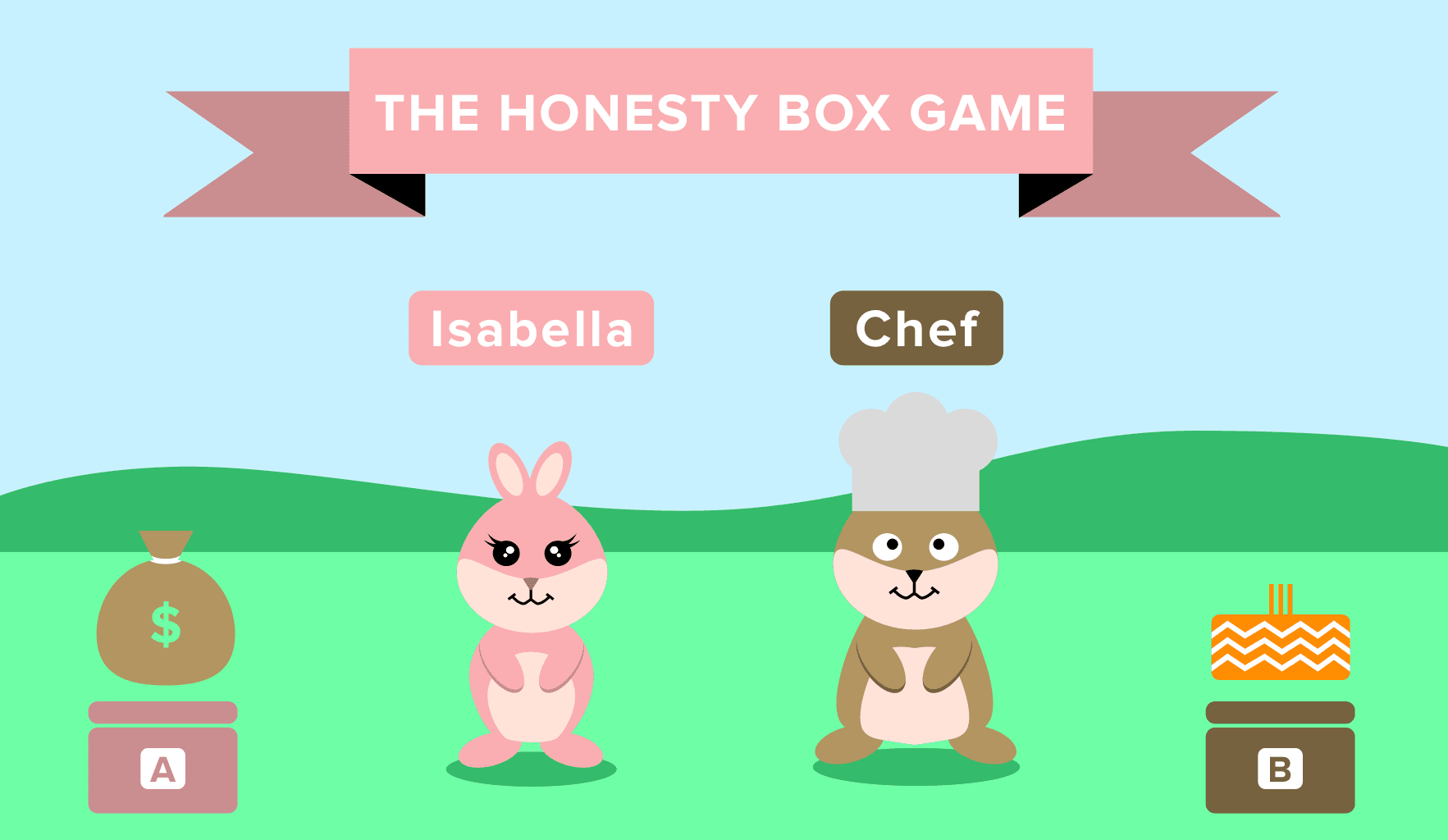Go Bowling with Aristotle to Cure Your Love Woes (No, Seriously)
It’s true: One game of bowling with Aristotle can change the way you approach love (and getting along with others).

Take Isabella Bunny, for example. She was struggling tremendously in her love life, and couldn’t figure out why things kept going wrong. One night, she went to sleep with the intention of figuring this part of her life out.
After falling into a deep sleep, fully immersed in dream mode, Isabella crossed paths with the ancient philosopher himself, Aristotle. He offered to teach her all of his secrets, but only if they could discuss it over a game of bowling. She just had to take him up on his offer, curious to learn what in the world bowling has to do with love.
And she was not disappointed.

For the bowling game, the rules were that it would be a 2-on-2 match; Aristotle and Isabella were each to choose one teammate. With that, the game was on.
While team Aristotle jumped out to an early lead, it wasn’t long before team Isabella was on their heels. After a few close frames, team Isabella got into the zone, and began to pull away for the decisive victory.

Isabella was a bit confused about what was going on. They’d just finished the entire game of bowling, and Aristotle had not said a word about love, getting along with others, philosophy, or anything seemingly deep and meaningful at all. So, she asked him what bowling has to do with love.


Aristotle continued to explain his philosophy on this topic in more depth.
You see, on a bowling lane, the objective is to throw the ball to ultimately end up right down the middle and knock down all ten pins. If you throw it slightly off, you may still get around seven pins or so. On a particularly bad throw, you may get three pins or less. If you lose control and go too far to either side, you end up in the gutter with zero pins.
Many of our most important character traits and behaviors work the same exact way. To be individuals of high character, we must find the virtue that lies in the middle of the spectrum, between the harmful vices of too little or too much. This is what’s known as the golden mean.

Here is a more detailed view of what the golden mean looks like, with some examples of potential virtues and vices:

Imagine what it would be like to have a partner (or friend) whose character possessed a strong blend of the above virtues (or some other virtues you hold in high regard). It’d be like heaven! Who wouldn’t want to sign up for that? Here's what that might look like in bowling terms: Now, think about what it would be like to have a partner (or friend) whose character was comprised mainly of a combination of the vices of deficiency (cowardice, laziness, combativeness, etc.) or excess (greed, arrogance, etc.). It’d likely be an extremely unpleasant experience. Who would want to sign up for that?
Now, think about what it would be like to have a partner (or friend) whose character was comprised mainly of a combination of the vices of deficiency (cowardice, laziness, combativeness, etc.) or excess (greed, arrogance, etc.). It’d likely be an extremely unpleasant experience. Who would want to sign up for that? Many of the problems we have in relationships are due to being out of alignment with certain virtues that we know are important to us deep down. For example, we likely would want to be with someone extremely virtuous, but we may not put enough effort into being the most virtuous individuals we are capable of becoming, and so it makes it virtually impossible for the combination to match up well.
Many of the problems we have in relationships are due to being out of alignment with certain virtues that we know are important to us deep down. For example, we likely would want to be with someone extremely virtuous, but we may not put enough effort into being the most virtuous individuals we are capable of becoming, and so it makes it virtually impossible for the combination to match up well.
You see, someone who values living near the golden mean will have enough self-love to choose friends and partners who have a similar vision for life, and who strive to help better themselves, each other, and society at large. By trying to be with someone awesome without putting in a similar effort to be awesome for them, we’re attempting to create a raw deal that even we wouldn’t want to accept if the tables were turned.
In order to become more virtuous, the key is, first, to know yourself. Be honest with yourself about what virtues are most important to you, and where you are falling short of living up to them consistently enough. You may even ask others for their feedback to gain multiple perspectives.

Then, this is key: ask yourself what you are afraid of, and why. Typically, if you feel that you are too far in one direction (deficiency or excess), it can mean that you have a fear of the opposite end, and so you move to the other extreme to overcompensate.
By letting go of this fear, and moving more towards the other end in a reasonable fashion, you can move closer towards the virtue you seek — and others will definitely begin to take notice.
If you’re indecisive, take baby steps towards being a bit more impulsive on small decisions that don’t have great consequences. If you’re easily irritated, perhaps practicing meditation to learn to calm down and let go a bit more could be useful.
If you keep taking bigger and bigger steps as time progresses, before you know it, you’ll approach the center of where you ultimately want to be, and you will more effortlessly attract the types of people into your life who inspire you and want to help make you a better version of yourself. By being the most loving version of yourself, love is bound to enter into your life in unexpected ways.
The True Love Guide is a guided journal that helps you discover your ideal partner; it includes 100+ journal questions, insights, infographics, and more. Get your journal here.




